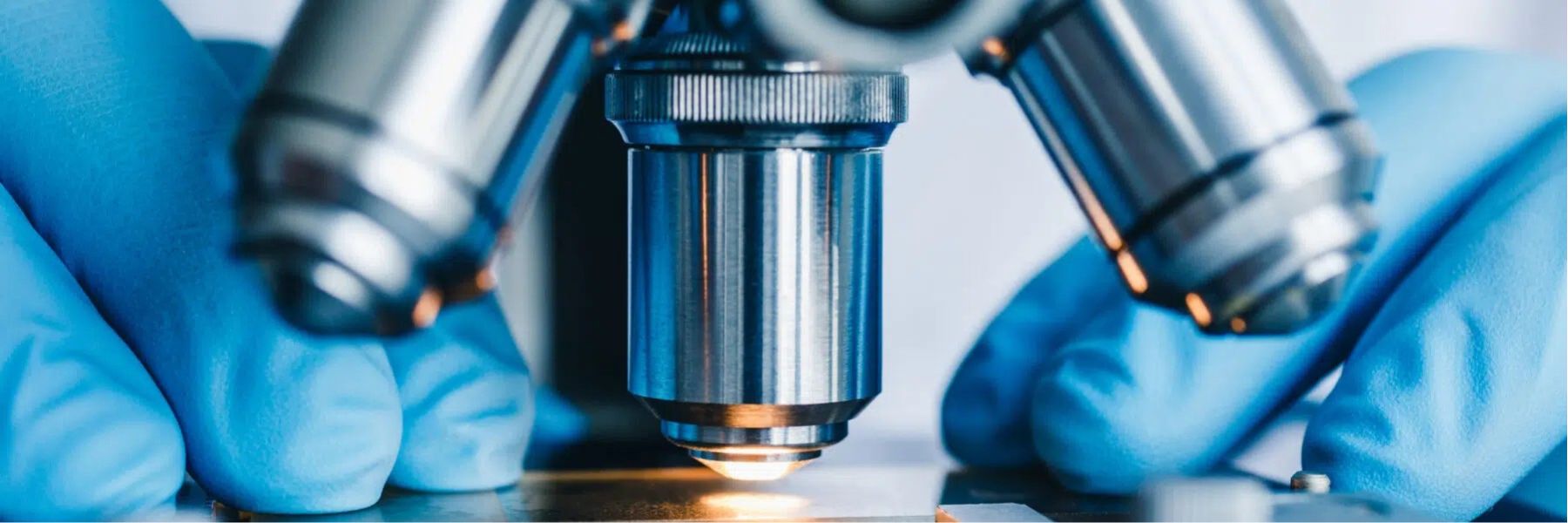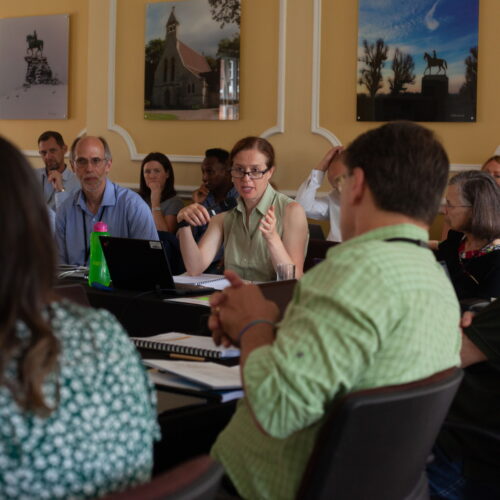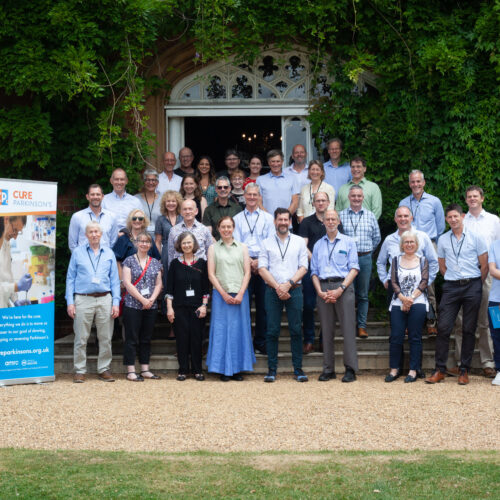For researchers
Determining how best to slow, stop or reverse Parkinson’s needs world-class collaborative science involving researchers, clinicians, the pharmaceutical industry and, most importantly, people who are living with Parkinson’s. To move us closer to this goal, Cure Parkinson’s provides both funding opportunities and resources for Parkinson’s researchers across the globe.
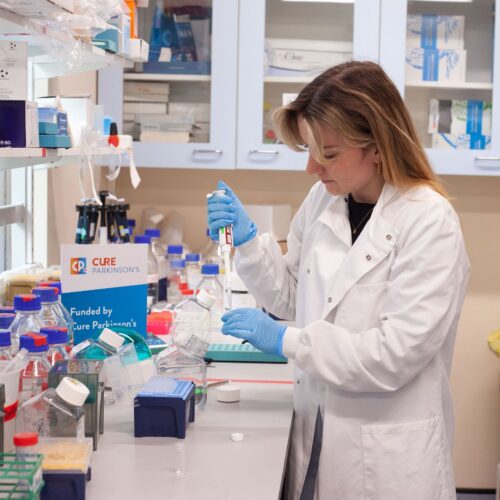
Our approach to research
Our goal is to cure Parkinson’s, with urgency, for people currently living with the condition. By “cure”, Cure Parkinson’s mean disease-modifying therapy or therapies. Cure Parkinson’s does not fund research which is directed only to symptomatic relief. This means that the research we fund must aim to slow, stop or reverse underlying disease progression.
Our approach to research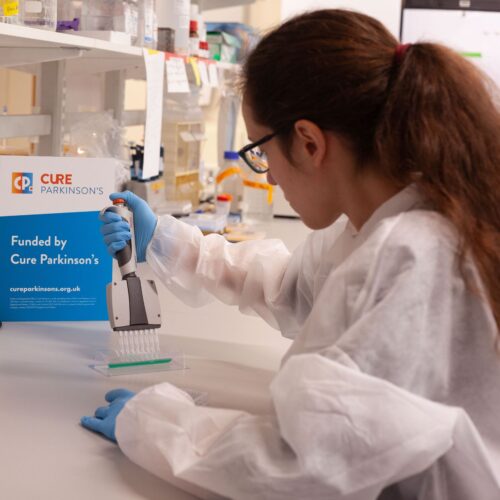
Apply for funding
We fund both pre-clinical and clinical research projects that have the potential to cure Parkinson’s. In addition, we prioritise research which has the potential to translate into the clinic within five years.
Apply for funding
Patient and public involvement and engagement (PPIE) in research
People with Parkinson’s are an essential part of our programme of research. It is important that drug candidates chosen for scientific reasons are also of relevance to people living with Parkinson’s now. For support with involving people living with Parkinson’s in a research study or trial, we can help.
Find out more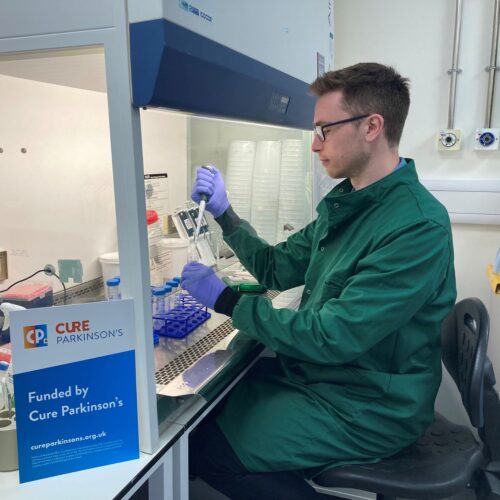
Our funded projects
We are an international funder of both pre-clinical and clinical research. Learn more about our ongoing and previous funded research projects.
Find out more
The Tom Isaacs Award
Each year, the Tom Isaacs Award is presented to the researcher who has shown the greatest impact on the lives of people living with Parkinson’s and/or has involved people with Parkinson’s in a participatory way in their work.
Find out more and nominate
UK Parkinson’s Disease Clinical Studies Group (UK PD-CSG)
The UK PD-CSG is a group of 100+ members, including clinicians, researchers, and people with Parkinson’s, all involved in PD, MSA, and PSP clinical research and care across the UK. Chaired by Professor Oliver Bandmann, and with funding from Cure Parkinson’s, the aim of this group is to further develop and support Parkinson’s clinical research. The UK PD-CSG meets regularly, virtually; if you are interested in taking part, please visit their website using the link below.
Find out more
Journal of Parkinson’s Disease
Our partner for the regular webinar series, the Journal of Parkinson’s Disease, is dedicated to providing an open forum for original research in basic science, translational research, and clinical medicine that will expedite our fundamental understanding and improve treatment of Parkinson’s disease. The journal welcomes submissions via its website.
Find out more
Clinical Trials Charter
The Cure Parkinson’s Clinical Trials Charter aims to set a standard of practice for those involved in clinical trials for Parkinson’s.
Read more here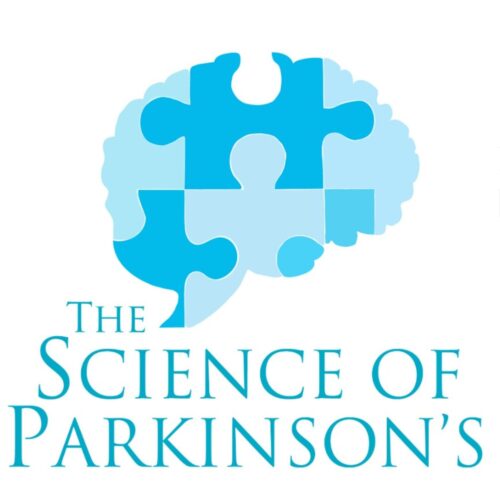
The Science of Parkinson’s: Dr Simon Stott’s Blog
Written by Dr Simon Stott (Director of Research, Cure Parkinson’s), this is Simon’s personal and independent perspective of what is happening in the world of Parkinson’s research. The blog provides regular updates detailing the science behind new discoveries, up to date clinical trial results, and introducing some of the people behind the research.
Read more here
Parkinson’s Academy
The Parkinson’s Academy runs masterclasses for professionals working in the field of Parkinson’s care or research. Lead by Dr Peter Fletcher, the Parkinson’s Academy houses over 22 years of inspirational projects, resources, and evidence for improving outcomes for people with Parkinson’s.
Find out more
3P seminars
Calling all early or mid career researchers! The 3P platform was created during lockdown as a way of allowing early career scientists the opportunity to present and discuss their research online to the scientific community, thereby continuing their professional development. Cure Parkinson’s, Van Andel Institute and World Parkinson Coalition co-hosted these interactive presentations focused on neurodegenerative research.
Find out more
The AMRC Best Practice Guidance
Cure Parkinson’s is a member of the Association of Medical Research Charities (AMRC). We follow AMRC requirements and guidance for best practice in research. AMRC charities are obliged to follow rigorous research evaluation (peer review) processes to ensure that only research of the highest quality is supported. Cure Parkinson’s has received a certificate of best practice in medical and health research peer review evaluated by the AMRC in their 2020 Peer Review Audit. The AMRC audits their member charities every 5 years to ensure that research funding applications are evaluated in accordance with their principles of peer review: accountability, balance, independent decision making, rotation of scientific advisers and impartiality.

